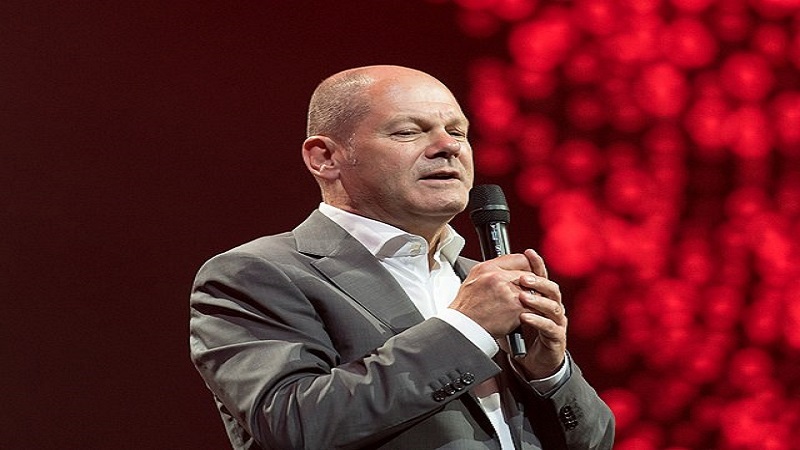German Chancellor, Olaf Scholz, landed in Montreal Aug. 21 along with Vice Chancellor, Robert Habeck, and several CEOs.
“That is unusual,” said Sen. Peter Boehm, former ambassador to Germany and a veteran of logistics planning for the past chancellor visits to Canada. “That’s a pretty big deal, them taking the time to come over with the chancellor.”
German officials hyped a planned wind farm, which ties into the visit's goal of finding ways to be less dependent on Russian oil.
“It’s an amazing place,” German Ambassador to Canada, Sabine Sparwasser, said. “It also has absolutely perfect non-stop wind."
Sparwasser said he wants trade with the United States and Canada to be environmentally friendly.
“We want imports that are as climate neutral as possible," he said.
Habeck, as Germany’s economics minister, is tasked with managing the country’s energy file. The prolonged war in Ukraine has made dependence on Russian gas unsustainable when it comes to the portfolio becoming increasingly volatile, according to a Politico report.
During his visit, Scholz will be hosted by Canadian Prime Minister, Justin Trudeau, for a three-day tour jumping across three provinces. Clean hydrogen and critical minerals will be primary focus areas during the visit, according to Politico. The leaders also plan to visit artificial intelligence and quantum computing firms.
The arrival of Scholz and Habeck shows Germany’s goal to double down on “safe” future economic and political investments, rapidly, according to Boehm, who served as Canada’s German ambassador between 2008 and 2012. Thanks to the Comprehensive Economic and Trade Agreement, trade has been increasing between the two countries. Germany is Canada’s sixth-largest trading partner.

